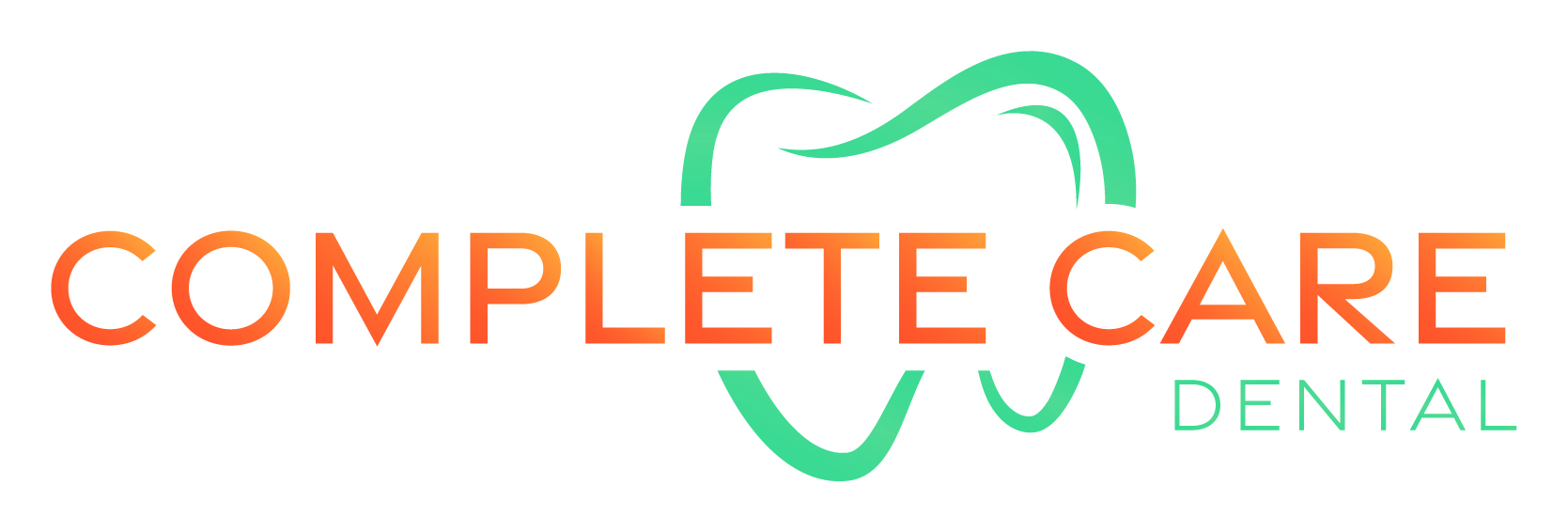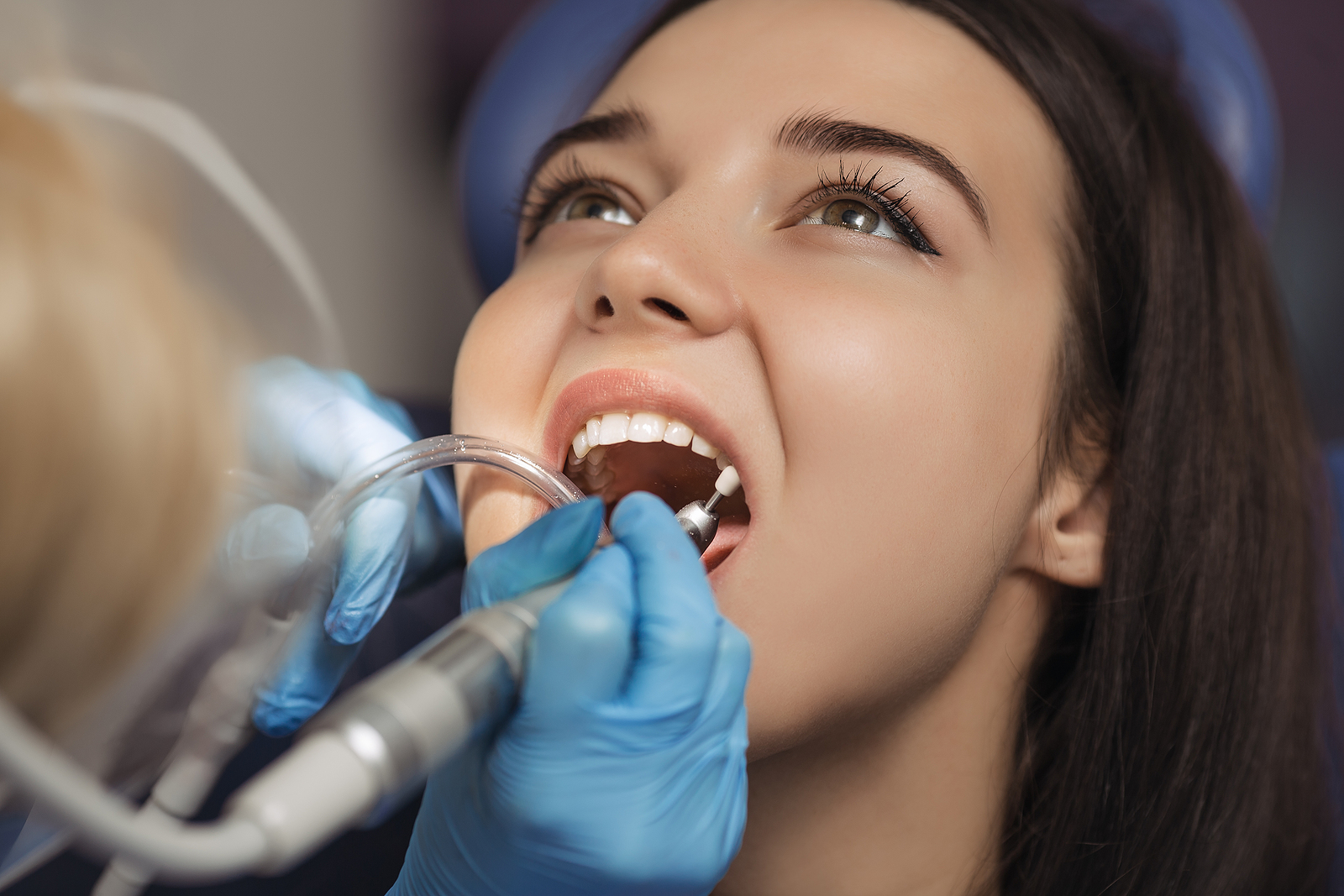Oral surgery can feel daunting, but it doesn’t have to be. Whether you're undergoing wisdom teeth removal or more complex procedures, understanding the recovery process is crucial for a smooth healing journey. Aftercare can truly make all the difference in how quickly and comfortably you bounce back. By following essential tips tailored to your specific needs, you'll not only ease discomfort but also promote effective healing. Let’s dive into what you need to know to ensure your recovery from surgical procedures in Atlanta, GA, goes as smoothly as possible.
What is Oral Surgery?
Oral surgery encompasses a variety of surgical procedures focused on the mouth, jaw, and facial structures. It often involves interventions that go beyond routine dental care, addressing more complex issues.
Common types include wisdom teeth extractions, dental implants, jaw realignment surgeries, and biopsies for oral lesions. These procedures are performed by specialists known as oral surgeons who have extensive training in both dentistry and surgical techniques.
Patients may require oral surgery due to pain management needs or structural abnormalities affecting their bite or overall health.
The goal is always to enhance functionality while alleviating discomfort. Understanding what oral surgery entails can help ease any anxiety you might feel about these necessary interventions.
Benefits of Following Aftercare Tips
Following aftercare tips is crucial for ensuring a smooth recovery. Adhering to these guidelines can significantly reduce the chances of complications. This proactive approach helps your body heal more efficiently.
When you prioritize aftercare, you also minimize pain and discomfort. Many patients find that effective management of post-operative care leads to quicker relief from swelling and soreness.
Additionally, following instructions promotes better healing of incisions or wounds. Keeping them clean and monitored allows your body to focus on recovery without unnecessary distractions.
Moreover, good aftercare habits can enhance overall oral health in the long run. By taking care of yourself during this period, you're setting the stage for better dental wellness down the line.
It's important to remember that every surgical procedure has its unique demands; adhering closely to tailored advice ensures optimal results specific to your needs. Call us to learn more.
Proper Rest and Recovery
Proper rest is crucial after any surgical procedure. Your body needs time to heal, and that means prioritizing sleep and relaxation.
Create a comfortable environment where you can recuperate without distractions. A quiet room with dim lighting will help promote restful sleep. Use extra pillows to elevate your head; this reduces swelling while making it easier to breathe comfortably.
Avoid strenuous activities for at least a few days following your surgery. Gentle movement is fine, but heavy lifting or vigorous exercise should be off the table until you're cleared by your dentist or oral surgeon.
Listen closely to what your body tells you. If you feel tired, allow yourself the time to nap during the day. Remember, adequate rest sets the foundation for effective healing and helps speed up recovery time significantly.
Managing Pain and Swelling
After oral surgery, managing pain and swelling is crucial for a smooth recovery.
- Your dentist in Atlanta, GA will likely provide prescribed medications to help alleviate discomfort. Follow their instructions carefully.
- Ice packs can be your best friend during this time. Applying an ice pack to the outside of your cheek reduces inflammation and numbs the area, making you feel more comfortable. Use it in intervals—20 minutes on, 20 minutes off—for optimal results.
- Elevating your head while resting can also minimize swelling. Prop yourself up with pillows to encourage better blood flow away from the surgical site.
- Stay hydrated, but avoid hot liquids that could exacerbate pain or irritation. Instead, opt for cool or room-temperature beverages as they are easier on sensitive areas.
- Keep track of any unusual changes in pain levels or swelling and reach out to your healthcare provider if concerns arise.
Diet and Nutrition during Recovery
After oral surgery, choosing the right diet is crucial for a smooth recovery. Soft foods are your best friend during this time. Think mashed potatoes, yogurt, smoothies, and applesauce. These options provide comfort without irritating any sensitive areas.
Hydration plays an important role too. Drink plenty of water to keep yourself hydrated, but avoid straws as they can dislodge blood clots and interfere with healing.
It's also wise to incorporate nutrient-rich foods into your meals. Foods high in vitamins C and D help boost your immune system, while protein supports tissue repair. Consider adding scrambled eggs or blended soups for a balanced intake.
Avoid spicy or acidic foods that could cause discomfort or irritation at the surgical site.
Care for Wounds and Incisions
- After oral surgery, proper care for wounds and incisions is crucial. Keeping the surgical site clean helps prevent infection. Use a gentle saline solution to rinse your mouth as recommended by your surgeon.
- Avoid touching or probing the area with fingers or utensils. This can introduce bacteria and lead to complications.
- If you notice any unusual swelling, redness, or discharge, contact your dentist immediately. These could be signs of an infection that needs attention.
- Follow all post-operative instructions regarding dressings or sutures diligently. If stitches are needed, they will typically dissolve on their own but may require monitoring during recovery.
- Maintain a steady routine of applying ice packs around the affected area if advised; this reduces swelling and discomfort while protecting the incision site from excess movement. Your diligence in caring for these areas significantly contributes to healing effectively and comfortably.
Follow-up Appointments and Monitoring Progress
Follow-up appointments are crucial after any surgical procedure. They allow your healthcare provider to assess healing and address concerns early on.
During these visits, you'll have the chance to discuss any discomfort or unusual symptoms you might experience. This open communication is vital for a smooth recovery.
Your surgeon will also check for signs of infection or complications. Catching issues early helps prevent more serious problems down the line.
Monitoring progress isn’t just about physical checks; it’s also an opportunity to adjust your aftercare plan if needed. Your doctor can provide tailored advice based on how you're healing.
Make sure to keep all scheduled appointments. Each visit plays a significant role in ensuring your recovery goes as planned and that you return to normal activities safely and effectively.
Maintaining Good Oral Hygiene During Recovery
Maintaining good oral hygiene during recovery is crucial for a smooth healing process. After any surgical procedures in Atlanta, GA, the mouth can become more susceptible to infection.
- Start by gently rinsing your mouth with a warm saltwater solution after 24 hours have passed since your surgery. This helps reduce bacteria and promotes healing without causing irritation. Avoid vigorous swishing that might disrupt any stitches or healing tissues.
- When brushing, use a soft-bristled toothbrush to avoid discomfort around the surgical site. Be gentle but thorough on other areas of your mouth to maintain overall cleanliness.
- Remember to stay hydrated. Drinking plenty of water not only aids in recovery but also keeps your mouth moist, which is essential for natural cleansing processes.
- Steer clear of alcohol-based mouthwashes and products that may cause dryness or stinging sensations during this sensitive time. Prioritize comfort while ensuring you're taking care of your oral health effectively.
Conclusion
Oral surgery can be a significant procedure, requiring careful attention to aftercare for optimal recovery. By following the essential tips outlined above, you can ensure your healing process is smooth and effective.
Resting adequately allows your body to heal naturally. Managing pain and swelling with prescribed medications helps keep discomfort at bay during recovery. Additionally, maintaining proper nutrition will fuel your body as it repairs itself.
Don’t forget about caring for wounds or incisions; keeping them clean is vital in preventing infections. Follow-up appointments are also crucial—they allow healthcare professionals to monitor your progress and address any concerns that may arise.
Good oral hygiene practices are equally important post-surgery. Maintaining cleanliness in your mouth not only aids healing but also contributes significantly to overall health.
By prioritizing these aftercare tips, you’re setting yourself up for success as you recover from surgical procedures in Atlanta, GA. Remember that each step taken towards proper care brings you closer to feeling better and returning to normal activities sooner rather than later.
Contact Complete Care Dental at 1421 Peachtree Street NE Suite A, Atlanta, GA 30309, or call (470) 408-5161 dentist today regarding any concerns you may have and explore the possibilities of surgical procedures that could help restore your smile while ensuring long-term optimal wellness for years to come!
More Blog Posts
Contact Us
1421 Peachtree Street NE Suite A,
Atlanta, GA, 30309
Email: info@harmonicompletecare.com
Phone: (470) 408-5161
Working Hours
MON9:00 am - 5:00 pm
TUE9:00 am - 5:00 pm
WED9:00 am - 5:00 pm
THU9:00 am - 5:00 pm
FRI9:00 am - 5:00 pm
SATAppointment Only
SUNClosed






